class: center, middle, inverse, title-slide # Dirty Wars ## Lecture 4: Reasons for Restraint: Humanity and Human Rights ### Jack McDonald ### 2019-10-17 --- class: inverse # Before We Begin: Literature Reviews ??? /// --- # How Do I Pick a Topic? .pull-left[ What interests you? What are academics interested in? So long as you can demonstrate __importance__ and __relevance__ there is no difference between a literature review on YouTube censorship and one on the Rwandan genocide. ] -- .pull-right[ Four questions that you should be able to answer: - Why is this topic important in the context of war, technology, and innovation? - How have scholars examined this topic? (...what is controversial?) - Why is their scholarship important? (...does the type of scholarship matter?) - Is there something important that they have missed? (...why did they miss it?) ] ??? /// --- # Example Paths to a Search Question to a Title .pull-left[ .small[ Initial question: Why do Coalition militaries systematically under-report civilian casualties in Iraq/Syria? Thought: What kind of people are concerned with measuring civilian casualties? Question guiding literature search: Who are civilian casualty estimates important to, and why? Question arising from literature review: Why do militaries differ in their measurement of civilian casualties to NGOs? Insight from literature review: Militaries generate organizational knowledge about civilian casualties to a different epistemic standard than NGOs ] ] -- .pull-right[ .small[ - International relations -> Norm theory -> Norms of war -> Prohibitions on targeting civilians - International relations -> Norm theory -> Norm entrepreneurs -> Civilian casualty NGOs - International relations -> Norm theory -> Epistemic communities -> Military professionals - International law -> Law of armed conflict -> Civilians - Security studies -> Measuring conflict -> Civilian harm - Security studies -> Human security -> Civilian death in armed conflict - Strategic studies -> Narratives -> Strategic consequences of civilian casualties - Public health -> Risk Factors -> Armed conflict -> Excess mortality - Ethics -> Just war theory -> Non-combatant immunity - Intellectual history -> Just war tradition -> Non-combatant immunity - Organizational theory -> Organizational knowledge -> Forms of military organizational knowledge - Communication studies -> Open source intelligence -> Casualty monitoring organisations ] ] ??? --- class: inverse # Small Group Discussion .pull-left[ Imagine that you are doing a literature review on the topic of war crimes in the Syrian civil war. You have selected this question to guide your literature search: "What theories explain the sources of restraint in war, and why do they differ?" ] .pull-right[ For 3-4 minutes, discuss disciplines/fields/theories that you know of that may be relevant to your search question. For the next 3-4 minutes, try to identify and articulate 1 question that links the initial topic to the literature search question. ] ??? --- # Outline .pull-left[ What we call "dirty wars" occurs when status is forcibly changed/re-imagined, and they "emerge" in the 20th century as a continuation of "older" warfare and political repression at a point where universal & global categories of status emerge. Warfare, rebellion, and repression _generated_ these categories of status, generating "war in the age of human dignity" ] .pull-right[ - Humanity and Restraint - Structural Explanations of Restraint - Normative Explanations of Restraint ] ??? --- class: inverse # Part 1: Humanity and Restraint ??? --- # War is Cruelty .left-column[   ] .right-column[ > You cannot qualify war in harsher terms than I will. War is cruelty, and you cannot refine it; and those who brought war into our country deserve all the curses and maledictions a people can pour out... > You might as well appeal against the thunder-storm as against these terrible hardships of war. They are inevitable, and the only way the people of Atlanta can hope once more to live in peace and quiet at home, is to stop the war... William Tecumseh Sherman, _Letter to Atlanta_ ] --- # It is Humane to End Wars Fast .pull-left[ .small[ > The more vigorously wars are pursued, the better it is for humanity. Francis Lieber > Looked at in a different light, Lieber’s code seems not so constraining after all. It authorized the destruction of civilian property, the trapping and forced return of civilians to besieged cities, and the starving of noncombatants... in its most open-ended provision, the code authorized any measure necessary to secure the ends of war and defend the country. "To save the country," Lieber wrote, "is paramount to all other considerations." John Fabian Witt, _Lincoln's Code_ ] ] .pull-right[  ] ??? --- # It is Humane to Constrain The Excesses of War .left-column[ 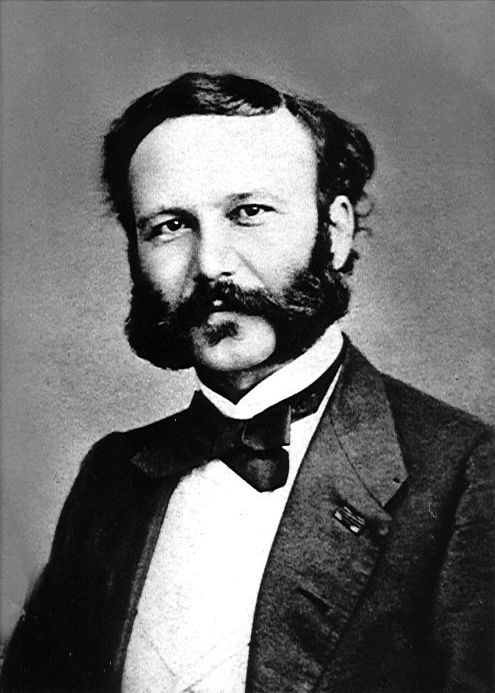 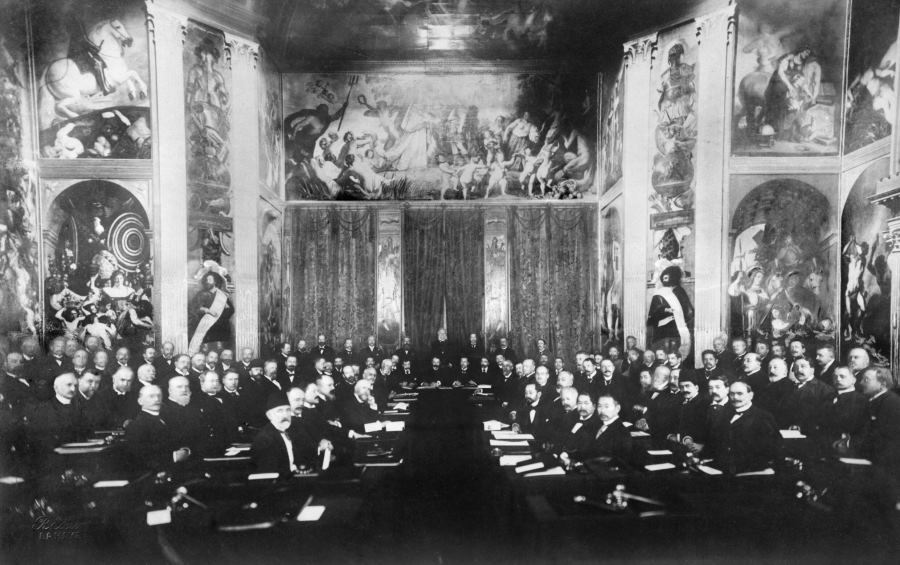 ] .right-column[ .small[ > ...in an age when we hear so much of progress and civilization, is it not a matter of urgency, since unhappily we cannot always avoid wars, to press forward in a human and truly civilized spirit the attempt to prevent, or at least alleviate, the horrors of war? Henri Dunant, _A Memory of Solferino_ > Until a more complete code of the laws of war has been issued, the High Contracting Parties deem it expedient to declare that, in cases not included in the Regulations adopted by them, the inhabitants and the belligerents remain under the protection and the rule of the law of nations, as they result from the usages established among civilized peoples, from the laws of humanity and the dictates of public conscience. The Martens Clause, _1899 Hague Convention_ ] ] ??? Dunant quote is from p.127 of [This version](https://www.icrc.org/en/doc/assets/files/publications/icrc-002-0361.pdf) It's worthwhile noting that whatever you think about this disagreement, Sherman's actions would now be classed as wholly unlawful under international law, in part due to the codification of International Humanitarian Law in the 19th and 20th centuries, which was in part due to the efforts of Dunant and the ICRC. --- # Restraint in Context: The GWOT .pull-left[   ] .pull-right[ .medium[ > I face the world as it is, and cannot stand idle in the face of threats to the American people. For make no mistake: Evil does exist in the world. A non-violent movement could not have halted Hitler’s armies. Negotiations cannot convince al Qaeda’s leaders to lay down their arms. To say that force may sometimes be necessary is not a call to cynicism – it is a recognition of history; the imperfections of man and the limits of reason. Barack Obama, _Nobel Peace Prize Speech_ ] ] ??? --- class: inverse # Small Group Discussion .pull-left[ I've discussed three views of war: - That war cannot be humane - That it is humane to end wars fast, even if this causes significant destruction - That it is humane to constrain the excesses of war, irrespective of strategic concerns ] .pull-right[ Which of these ideas do you intuitively agree/disagree with, and which do you rationally agree/disagree with? Discuss why your answers vary. ] ??? --- class: inverse # Part 2: Structural Explanations of Restraint ??? --- # Why War isn't a Game .pull-left[ .small[ > War is nothing but a duel on a larger scale... Each tries by physical force to compel the other to do his will; his immediate object is to overthrow his adversary and thereby make him incapable of any further resistance. > Force, to meet force, arms itself with the inventions of art and science. It is accompanied by insignificant restrictions, hardly worth mentioning, which imposes on itself under the name of international law and usage, but which do not really weaken its power. Carl von Clausewitz, _On War_ (Trans: Jolles) ] ] -- .pull-right[  .small[ > To play a game is to attempt to achieve a specific state of affairs [prelusory goal], using only means permitted by rules [lusory means], where the rules prohibit use of more efficient in favour of less efficient means [constitutive rules], and where the rules are accepted just because they make possible such activity [lusory attitude]. Bernard Suits, _The Grasshopper_ ] ] ??? In war, rules aren't unnecessary obstacles --- # Restraint: Escalation, Deterrence & Reciprocity .pull-left[ .medium[ > To exploit a capacity for hurting and inflicting damage one needs to know what an adversary treasures and what scares him and one needs the adversary to understand what behavior of his will cause the violence to be inflicted and what will cause it to be withheld. The victim has to know what is wanted, and he may have to be assured of what is not wanted. Thomas C. Schelling, _Arms and Influence_ ] ] -- .pull-right[ War is presented as a life-and-death activity in which nothing is more important than victory, how many wars do you know where this is the case? The escalation paradox: escalation appears logical and inevitable, yet most wars reach some ceiling of intensity. Why? "Bad" reciprocity is still reciprocity. ] ??? Virtue, Cooperation, and Deterrence Self-image, self-interest --- # Explanations for Restraint in War .left-column[ The Six C's of War - Cooperation - Coercion - Coalitions - Competition - Conflict - Carnage ] .right-column[ > The most effective strategies do not depend solely on violence – though this can play an instrumental role, by demonstrating superiority as much as expressing aggression – but benefit instead from the ability to forge coalitions. Lawrence Freedman, _Strategy: A History_ > ...when the expressed goals in a war are not being achieved, a number of _unexpressed_ goals are nevertheless being fulfilled. David Keen, _Useful Enemies_ ] ??? Schelling quote from p.3-4 --- # Restraint in Context: DRC .pull-left[  ] -- .pull-right[ 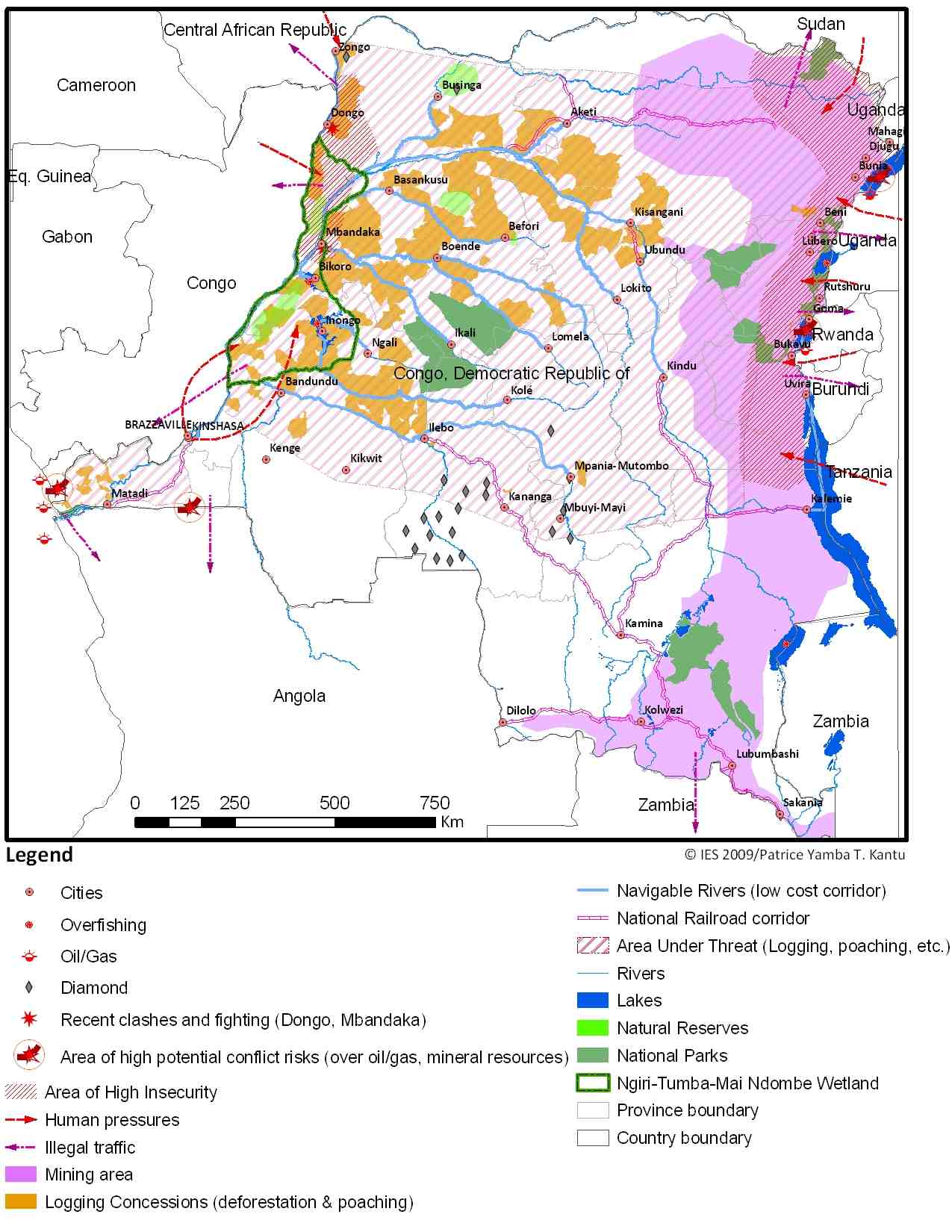 ] ??? --- # Explanations for Restraint in Internal Conflict .pull-left[  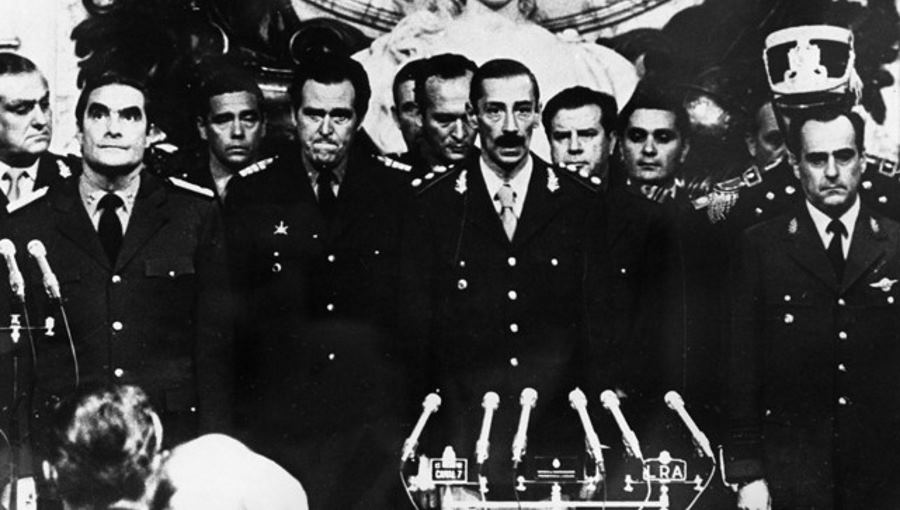 ] -- .pull-right[ .medium[ > When addressing politics, we must accustom ourselves to think and speak about the actions and interests of specific, named leaders rather than thinking and talking about fuzzy ideas like the national interest, the common good, and the general welfare. > For leaders, the political landscape can be broken down into three groups of people: the nominal selectorate, the real selectorate, and the winning coalition. Bruce Bueno de Mesquita, _The Dictator's Handbook_ ] ] ??? --- # Restraint, Institutions, and Accountability .pull-left[ .medium[ > Coercive institutions exist to safeguard an autocratic ruler in power. Their construction is among the most fundamental tasks he can undertake... These institutions also matter deeply for the millions of ordinary citizens that the autocrat governs, because they affect the levels of violence experienced by those people. Sheena Greitens, _Dictators and their Secret Police_ ] ] .pull-right[ The institutional and organisational level of analysis is vital to understanding restraint. Institutional design, values, priorities, and accountability structures shape institutional responses to conflict. Guerrillas and death squads can be analysed in much the same way as state military or police forces. ] ??? > The level of institutionalization of any political system can be defined by the adaptability, complexity, autonomy, and coherence of its organizations and procedures. So also, the level of institutionalization of any particular organization or procedure can be measured by its adaptability, complexity, autonomy, and coherence. Samuel P. Huntington, _Political Order in Changing Societies_ Huntington p.12 greitens Quote from p.17 --- # Restraint in Context: the Vietnam Wars .pull-left[  ] -- .pull-right[ .medium[ > U.S. forces, now knowing they are on the way out but not knowing just when, have developed an enclave mentality and a philosophy of ‘Why take the risks in a war that’s winding down?’ Recent reports from Vietnam talk of demoralization and of draftees ‘fragging’ gung-ho officers; that is tossing hand grenades at them to put a stop to aggressiveness. Chalmers Roberts, _Washington Post Opinion, 1971_] ] ??? --- class: inverse # Part 3: Normative Expectations of Restraint ??? --- # Lynn's Cultural Model .pull-left[  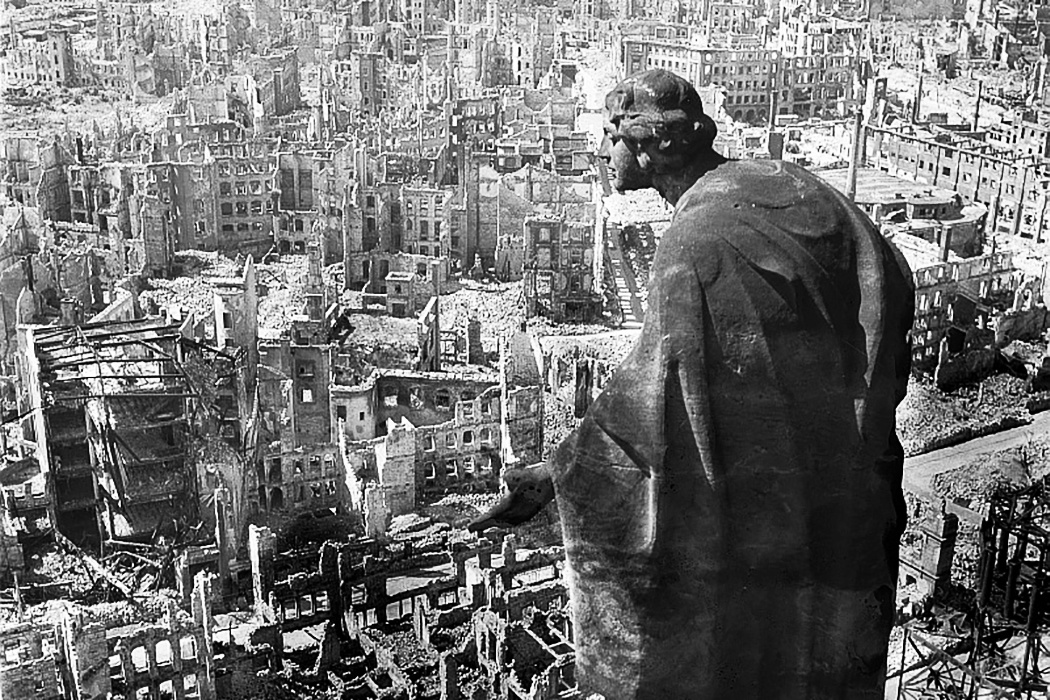 ] .pull-right[ .medium[ > The very nature of the Discourse on War dictates that it diverges from the Reality of War. In fact, the variety of these discourses within a single society ensures that no one reality could match the diversity of conception. > Different peoples can have dissimilar conceptions of war as it should be, and when they clash in battle, the fact that they are fighting by different rules creates a reality that neither adversary expected. John A. Lynn, _Battle_ ] ] ??? Lynn quote p.363 --- # Human Rights .pull-left[ The "big three" (there are seven other core instruments) - The Universal Declaration of Human Rights (1948) - International Covenant on Civil and Political Rights (1966, in force 1976, monitored by the Human Rights Committee) - International Covenant on Economic, Social and Cultural Rights (1966, in force 1976, monitored by the Committee on Economic, Social and Cultural Rights) ] .pull-right[ .medium[ - Where do human rights come from? - Theology/natural rights - Positive law - Figments of imagination - What is the "location" of your human rights? - Individual rights - Membership of a political community - Are they enforceable? - Is there a court where an individual or group can pursue a claim? - Do states have extraterritorial human rights obligations? - To nationals of other states abroad - To persons within their effective control ] ] ??? Regional treaties - European Convention on Human Rights (1950) - African Charter on Human and Peoples’ Rights (1981) - Asia (...) - American Convention on Human Rights (1969, US/Canada not signatories) /// --- # Restraint in Context: Northern Ireland .pull-left[ .medium[ > Although the five techniques, as applied in combination, undoubtedly amounted to inhuman and degrading treatment, although their object was the extraction of confessions, the naming of others and/or information and although they were used systematically, they did not occasion suffering of the particular intensity and cruelty implied by the word torture as so understood. European Court of Human Rights, _Ireland v. the United Kingdom_ ] ] -- .pull-right[ .medium[ The "Five Techniques": Wall-standing, hooding, subjection to noise, sleep deprivation, food/drink deprivation - Developed in overseas theatres, used as part of Operation Demetrius. - Parker Report, 1972: Techniques illegal under UK Law - European Commission of Human Rights, 1976: Techniques amount to torture - European Court of Human Rights, 1978: Techniques do not amount to torture, amount to inhuman and degrading treatment ] ] ??? --- # Status: Expectations and Denial of Restraint .pull-left[ Expectations of restraint arise from ideas, and power relations, in the context of international politics A person, or institution's expectations, of how they will be treated by an opponent relates to their perception of social order Key categories of status are a means of investigating the order as it exists, and as it is perceived to exist ] -- .pull-right[ .medium[ > The liberal powers of the West have escaped the opprobrium of bellicosity, despite the frequency with which they have gone to war, because the majority of their wars were 'small'. But if these wars are now brought within the pale of total war, the hands of the United States and Britain, to name only the most obvious, look less clean... In wars against native populations, the burning of villages and the destruction of crops were customary; the taking of prisoners was not. Hew Strachan, _On Total War and Modern War_ ] ] ??? Strachan quote from p.353 --- # Restraint in Context: Argentina .pull-left[ 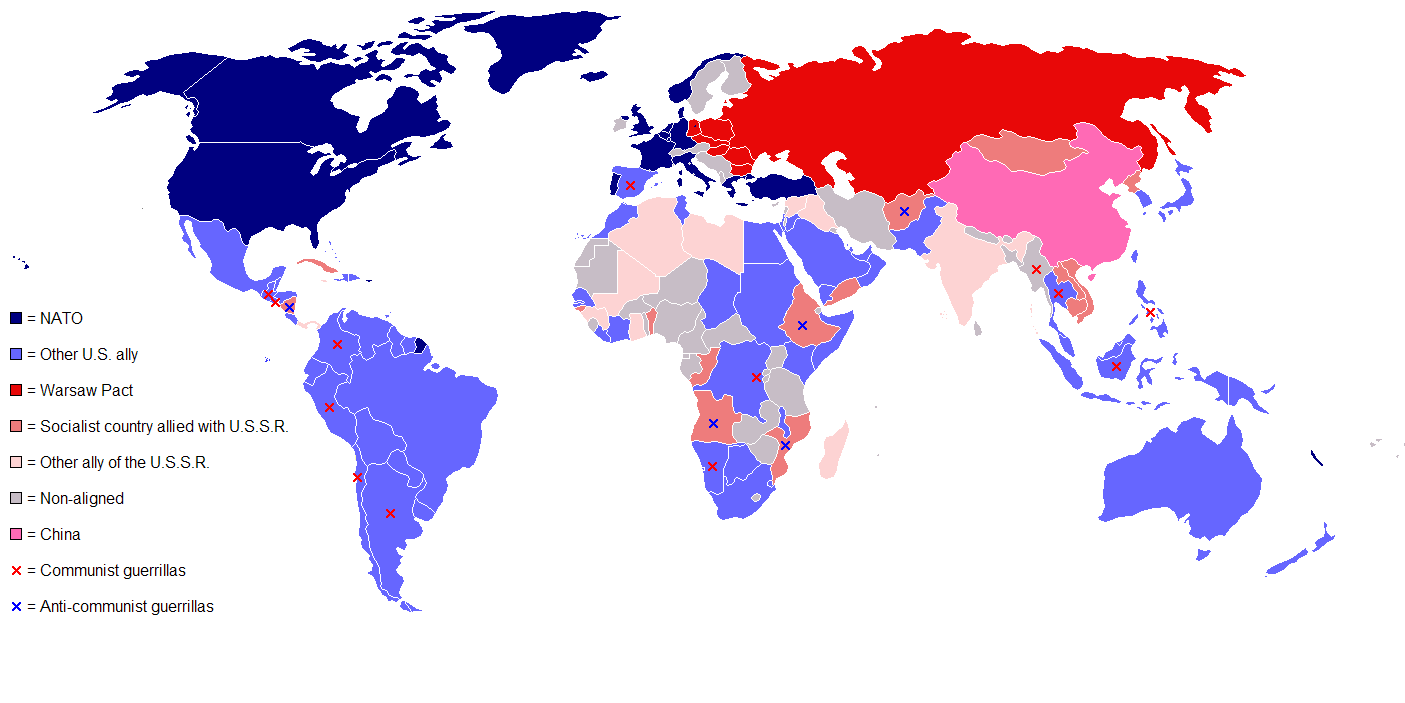 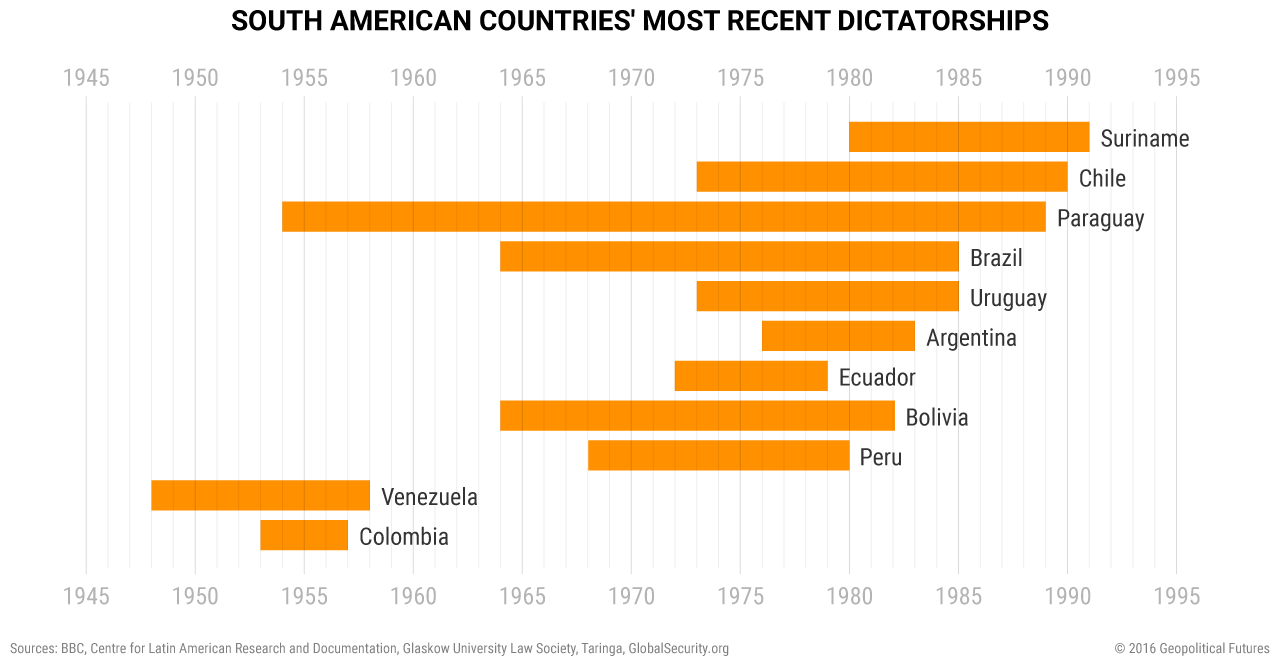 ] -- .pull-right[ > One becomes a terrorist not only by killing with a weapon or setting a bomb but also by encouraging others through ideas that go against our Western and Christian civilization. Jorge Videla ] ??? Operation Condor (Chile, Argentina, Bolivia, Paraguay, Uruguay and Brazil) In Argentina, the Montoneros sought to reveal the inherent fascism of the state, and were wiped out In Uruguay, the Tupamaros "dug the grave of democracy and fell into it themselves." Various Communist Guerrilla movements formsed in Brazil In Bolivia, they killed Che Guevara Repression in Chile and Paraguay --- class: inverse # Discussion Question .question[ Is the reason for restraint in war more important than the outcome? ] ???